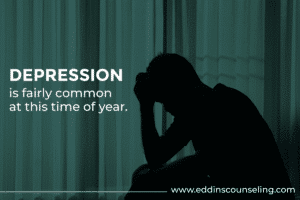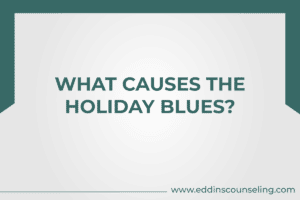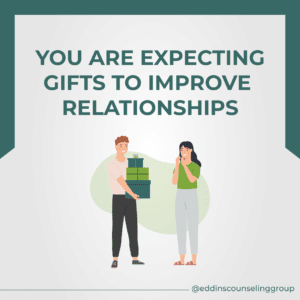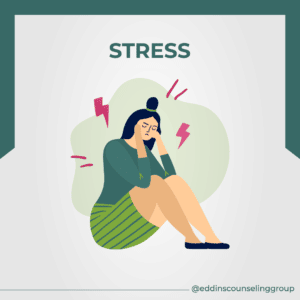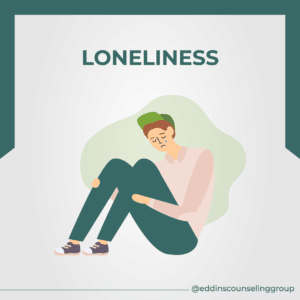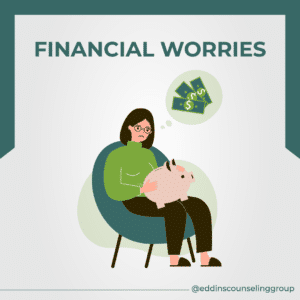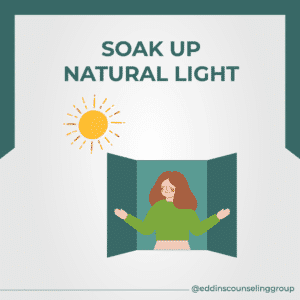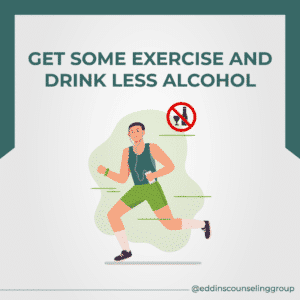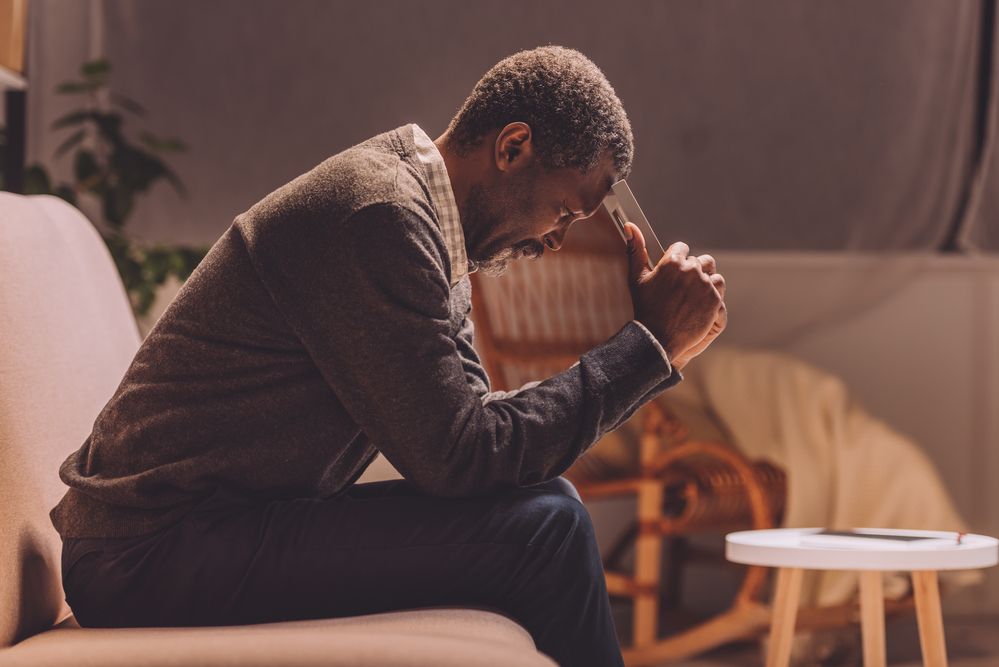December 21, 2020
Seasonal Affective Disorder: 15 Strategies to Help You Cope
Written by Sara Lane
Posted in Depression, Emotional & Mental Health and with tags: sadness, seasonal depression

There is a dreary feeling that settles in at the start of colder seasons.
Come autumn and winter; you may notice that you’re increasingly anxious, melancholy, and even depressed. However, if your symptoms are severe and interfere with your functioning well in daily life, you may not just be suffering from the winter blues.
It could be something more serious – a condition commonly called SAD or Seasonal Affective Disorder. *
Depression is fairly common at this time of year, so don’t beat yourself up for feeling particularly blue.
You are not alone if sadness and isolation are all that seem to accompany the deluge of toy commercials, family gatherings, and piped-in holiday instrumentals playing in every restaurant, mall, and drug store. Many people tolerate merriment rather than derive any real enjoyment from it.
But this year may feel different.
With lockdowns and quarantines mixed in with dark winter days, you may be feeling more isolated and detached than usual. Whether dealing with holiday blues, Seasonal Affective Disorder (SAD), or outright depression, we can help.
Table of Contents
In this post, we cover the following topics:
- Holiday Blues
- Seasonal Affective Disorder or SAD
- Strategies to Combat SAD
- Depression Beyond the Season
- FAQs
We will discuss what each one is and how our team of licensed therapists suggest you handle it. Everyone will be dealing with a new kind of complicated this year. Be patient with yourself and give these tips an honest try.
* Note: Seasonal Affective Disorder or SAD is officially referred to as Depressive Disorder with Seasonal Pattern.
The Holiday Blues
Not everyone shares in the celebration and joy associated with the holidays.
Many people feel stressed and unhappy in response to the demands of shopping for gifts, spending large amounts of money, attending parties and family gatherings, and entertaining houseguests.
This year we also have COVID to contend with. It’s not uncommon to react to these stresses with excessive drinking and eating, difficulty sleeping, and physical complaints.
The holiday blues are a common result. If you experience reactions like these during the holidays, you are not alone.
Let’s take a look at what causes the holiday blues and what you can do about them.
What Causes the Holiday Blues?
- Fear of disappointing others. Some people fear disappointing their loved ones during the
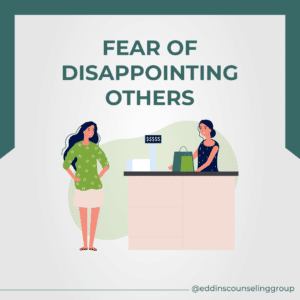 holidays. Even though they can’t afford to spend a lot of money on gifts, some people feel obligated to come through with a fancy gift that they spend more than they can afford.
holidays. Even though they can’t afford to spend a lot of money on gifts, some people feel obligated to come through with a fancy gift that they spend more than they can afford.
- You are expecting gifts to improve relationships. Giving someone a lovely present won’t necessarily strengthen a friendship or romantic relationship. When your talents don’t produce the reactions you had hoped for, you may feel let down.
- Anniversary reactions. If someone important to you passed away or left you during a past holiday season, you may become depressed as the anniversary approaches.
- Bad memories. For some families, the holidays are times of chaos and confusion. If this is true in your family in past years, you may always carry memories of the disappointment and upheaval that came with the holidays. Though things may be better now, it is difficult to forget the times when your holidays were ruined by substance abuse or family dysfunction.
After the Holidays
For some people, holiday blues continue into the new year. This is often caused by leftover feelings of disappointment during the holiday season and being physically exhausted.
The blues also happen for some people because the start of a new year is a time of reflection that can produce anxiety. This condition is much more common than you’d imagine.
Though the holiday blues are not officially recognized as a disorder, it is still a problem. The National Alliance of Mental Health did a survey finding that “64% of people with mental illness report holidays make their condition worse”.
We are all familiar with the high levels of stress, expectations, and loneliness that seems to be wrapped in with the apparent cheer and festiveness the season is supposed to bring. If you notice that these feelings extend through the holiday season and into the following winter months, you may be dealing with Seasonal Affective Disorder or SAD.
What is Seasonal Affective Disorder?
SAD is a form of clinical depression that occurs seasonally. It is caused by a biochemical imbalance – a dip in serotonin, the neurotransmitter that regulates such things as appetite, memory, mood, and sleep.
The symptoms of seasonal depression include fatigue, sluggishness, insomnia, irritability, agitation, and lack of appetite. People with SAD also experience overeating, difficulty concentrating, and loss of interest in activities.
Overall, about 2% of Americans suffer from this condition.
Though, in some states, the percentage may be higher. For example, up to 10 percent of the residents of Alaska deal with SAD. While southern states may not have as drastic changes in seasons as northern ones, SAD can affect you wherever you live.
What Causes Seasonal Affective Disorder?
Stress?
Do the holiday festivities seem to pressure, bully, or conspire against you? Hallmark is a tough act to follow. Unrealistic expectations and standards can sap your holiday spirit quickly and make you feel tense, anxious, and inadequate all at the same time.
Loneliness?
If you face the holidays alone due to a breakup, distance, or loss, loneliness can feel particularly painful in this season of goodwill and togetherness.
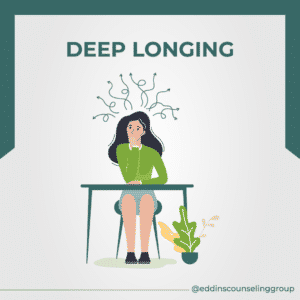
Deep longing?
Maybe you long for the holiday magic of a previous time. It is typical for the ache of loss to reoccur during this period of tradition and reunion. Grief, longing, and overwhelming nostalgia may make talk of merry memories and a shiny new future hard to take.
Financial worries:
If your resources don’t allow for much giving, you may be dealing with embarrassment, shame, or financial anxiety. Not being able to participate in gift-giving or feeling very worried about every dime spent can ruin the fun of the season for you.
Winter SADness?
This season of waning sunlight and increasing cold may make you want to burrow in the covers until spring. Many people have trouble with winter in general and cannot get into the holidays easily.
Are you depressed?
15 Strategies for Coping with Seasonal Affective Disorder
While the holiday blues are usually temporary, these ideas can help make this year’s holiday experience more pleasant and less stressful.
1. Be realistic and be honest.
Don’t expect the holiday season to solve all past problems. The forced cheerfulness of the holiday season cannot ward off sadness or loneliness.
Express your feelings to those around you in a constructive, honest, and open way. If you need to confront someone with a problem, begin your sentences with I feel.
2. Soak up natural light.
Open the curtains, open the windows – let light in. This is especially beneficial in the mornings when your body needs it most.
Brave the cold and go for a walk outside; it combines natural light and physical activity.
3. Permit yourself not to feel cheerful.
Accept how you are feeling. If you have recently experienced a loss, you can’t expect yourself to put on a happy face. Tell others how you are feeling and what you need.
4. Get some exercise and drink less alcohol.
Even though drinking alcohol gives you a temporary feeling of well-being, it is a depressant and never makes anything better.
Exercise has a positive impact on depression because it boosts serotonin levels.
Try to get some form of exercise at least twice each week. In fact, for some, exercise can be as helpful as therapy or antidepressants.
5. Have a spending limit and stick to it.
A sense of inadequacy fuels depression. Plot your spending. Feeling more in control of your choices and interactions, rather than being bullied by commercialism and family demands, is liberating. You may feel your mood lift as you set boundaries that prioritize your needs and wants.
6. Give yourself special care.
Schedule times to relax and pamper yourself. Take a warm bath or spend an evening with a good book. Exercise daily to keep your brain and body awash with as many feel-good chemicals as possible.
7. Guard your health.
Get adequate food, water, and sleep. Take vitamins to help build up your immunity and ditch the sugar! It isn’t just bad for your physical health but also your mental well-being and ability to tolerate stress. Instead, opt for eating well-balanced meals with good sources of protein and fiber.
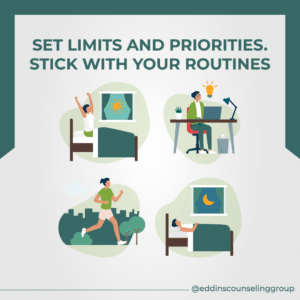 8. Set limits and priorities. Stick with your routines.
8. Set limits and priorities. Stick with your routines.
Be realistic about what you will be able to accomplish. Prepare a To-Do list to help you arrange your priorities. You may feel like hibernating, but staying consistent with routines, including hobbies, will help you stay balanced.
9. Volunteer your time.
If you are troubled because you won’t be seeing your family, volunteer to work at a hospital or food bank. Volunteering can help raise your spirits by turning your focus to people less fortunate than you are.
10. Keep the fun in your life.
Find substitutes for the summer activities you’ve enjoyed. Develop a new passion, a new hobby, or take a break from work and head south for a vacation.
Try not to isolate yourself, though this may be difficult during COVID. Plan activities you enjoy with people you love, even if it’s at a distance.
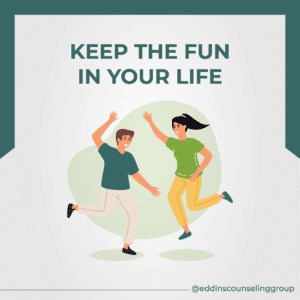
11. Prize the present moment more than gift-wrapped presents.
Anxiety and depression get the better of us when we look too far ahead or get mired in the past. Try focusing on the moment because that’s enough.
No judgment. Your feelings aren’t wrong or bad, so practice some self-compassion and let things ride
12. Feel free to do the season in your very own way.
Make no apologies for bucking tradition. If you feel better having an intimate cocktail hour or dinner party with a few friends, skip the family feasts.
Travel if you want and play rock instead of carols. There aren’t any rules you must obey, sometimes being a bit of a rebel is invigorating.
13. Pour out gratitude and generosity.
Scientific research shows that happy people are givers and routinely give thanks. Someone out there needs your attention, expertise, or resources this season, and generosity is an effective mood booster.
Practice gratitude, too, as this can shift your focus from what’s wrong to what’s right. Both exist, but depressed people tend to focus on the negative.
14. Look for sources of support, maybe see a doctor.
Preferably you will see a psychiatrist if antidepressants are warranted. Learn about the offerings at mental health centers, churches, and synagogues. Reach out to friends and loved ones.
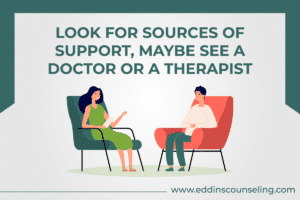
15. See a therapist.
Process the feelings and develop coping strategies with a professional licensed counselor.
Coping with Depression Beyond the Season
Clinical depression is more than just feeling sad for a few weeks. This condition includes symptoms of SAD, but namely involves changes in appetite and sleep patterns, less interest in daily activities, difficulty concentrating, and a general feeling of hopelessness.
Clinical depression requires professional treatment. If you are concerned that a friend or relative may be suffering from more than just holiday blues, you should express your concerns. If the person expresses thoughts of worthlessness or suicide, it is important to seek a qualified mental health professional.
The holiday season tends to affect people on multiple fronts. The images of a loving family and good cheer can contrast starkly to our own experiences.
Depression Counseling for Seasonal Affective Disorder
If your SAD symptoms are simply unmanageable, it’s time to get professional help. Perhaps depression counseling is the right choice for you.
In general, you first would have to undergo a complete physical and mental examination to rule out other possible causes for your symptoms. Then, your doctor may recommend various approaches.
Depression counseling could include talk therapy to help you handle negative thoughts and cope with stress. But your doctor may also prescribe antidepressants along with this therapy.

Often, though, they will recommend phototherapy, a form of light therapy. The light emitted by a “lightbox” helps you to feel happier and healthier.
It stimulates your brain to increase serotonin and decreases melatonin production, a hormone that keeps you asleep. It also helps reset your circadian rhythm.
Light therapy can affect a positive mood shift in just a few days.
Reach out for Support from a Depression Specialist
Finally, if you find that nothing you try infuses much hope or your mood grows significantly darker, reach out for support. The holidays are temporary; your mental health is much more important.
An understanding loved one or a therapist can help you get through this season and help you challenge the humbug that threatens your happiness.
If you need support getting through this bout of seasonal affective disorder, give us a call at 832-559-2622 to schedule an appointment with one of our counselors. Or, click here to book an appointment online.
7 Mood-Boosting Tips
Get instant access to your free ebook.
Grounding & Self Soothing
Get instant access to your free ebook.
Why You Feel This Way
Get instant access to your free ebook.
Create Healthier Thoughts & Feelings
Get instant access to your free ebook.

